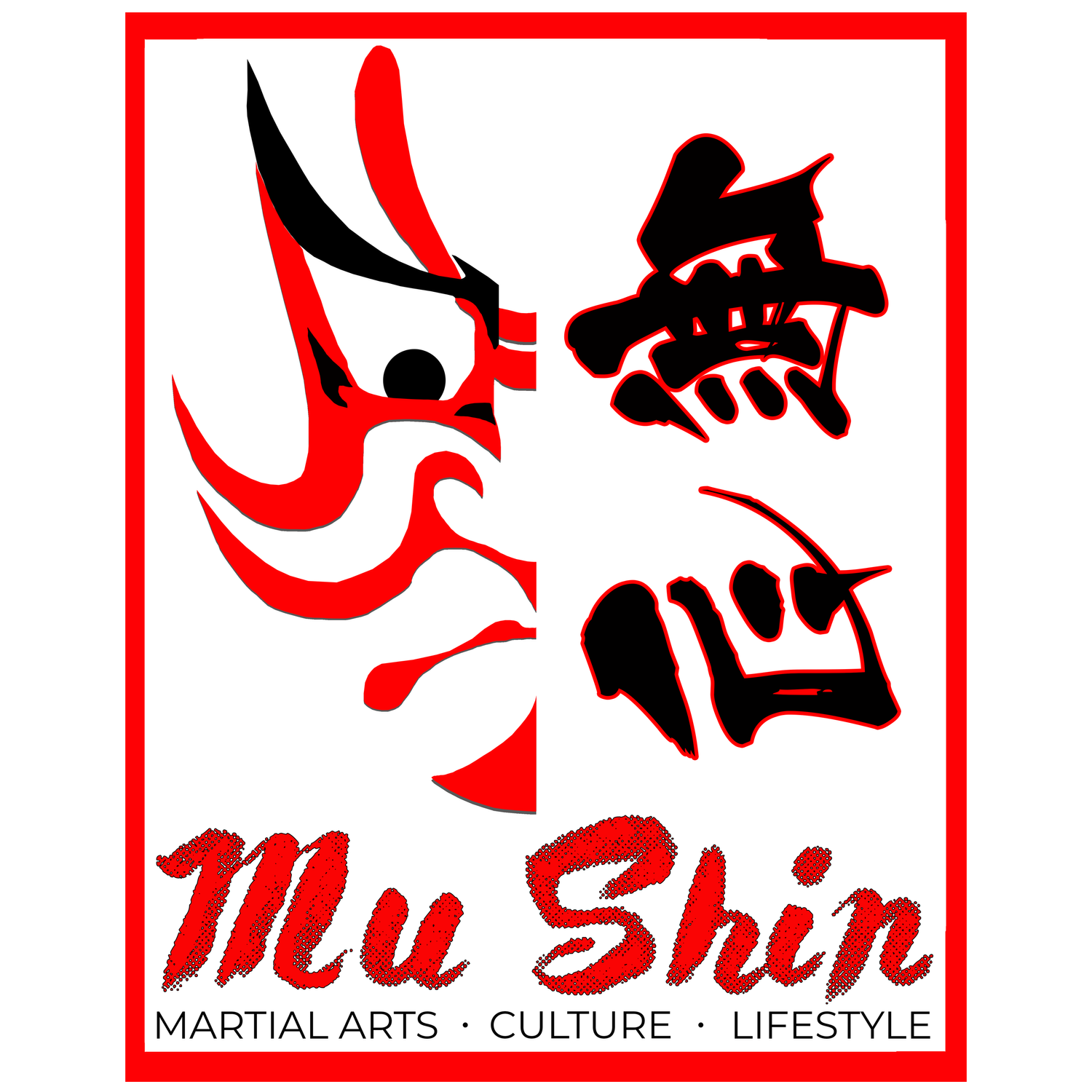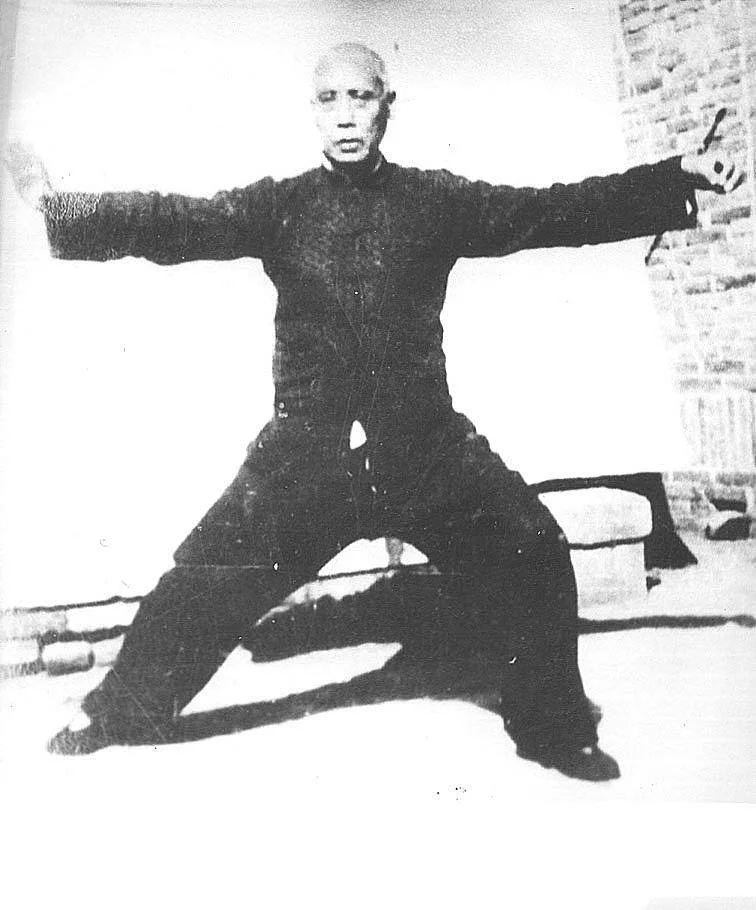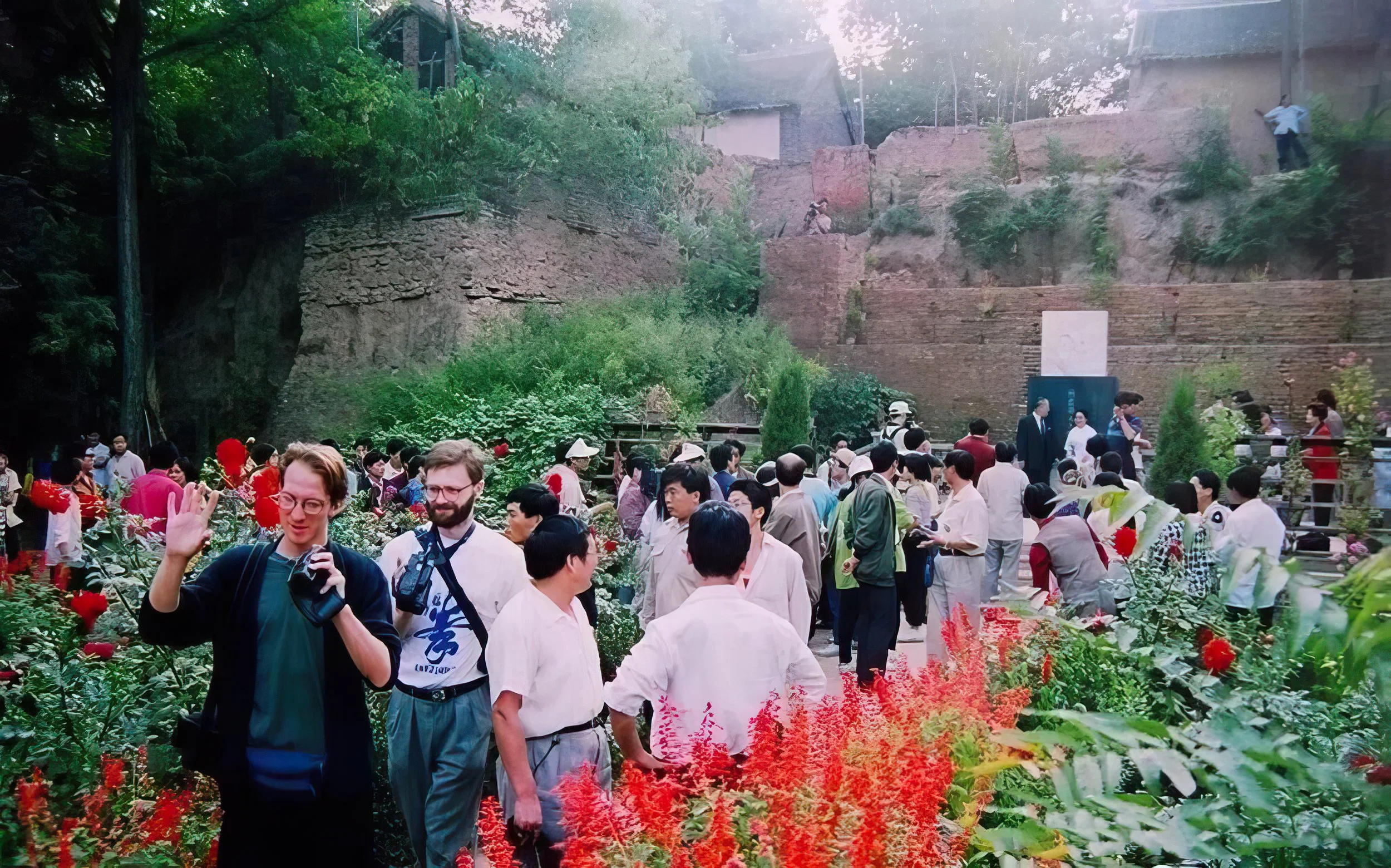The Chen Clan Should Never Had Transmitted Their Art to Outsiders?
Chen Fake - Who took the art to Beijing
Introduction
Recently, my good friend Jon Nicklin, sent me an article from Chinese social media, in which the author argues that the Chen village should never have transmitted their art to outsiders. This claim can be read both into history, when the art was taught to Yang Luchan, as well as to the modern era, in which he could argue that the village should have kept the art a secret from all outsiders (including foreigners). His rationale for this is quite misguided in my opionion, but I thought it would be interesting for the international community to see how such a mentality can still exist today and come to their own conclusions. So, I have translated the article below, along with a few of the comments mainland Chinese readers have left below it.
Interestingly, the author used an old photo of the enigma, Jarek Szymanski and Per Nyfelt, both of whom are disciples of Sun Jianyun, when they visited the Chen Village (Chen Jia Gou) back in the day. Incidentally, Jon Nickin, Jarek Szymanski as well as Per Nyfelt have all been guests on “The Drunken Boxing Podcast”, and links to these interviews are below the article.
Let me know your opinion on the article over on the Mu Shin Martial Culture Official Facebook Page or on our social wall on our YouTube Channel.
Jarek Szymanski and Per Nyfelt visiting the Chen Village in 1993
Chenjiagou Perhaps Should Never Have Transmitted Taijiquan to Outsiders
Taijiquan under the siege of online rumors: do not let malicious speculation sever the cultural roots
When cyberspace becomes a breeding ground for rumors, Taijiquan—a traditional martial art carrying a thousand years of Chinese philosophical thought—is suffering an indiscriminate campaign of malicious attacks. Screens are filled with nonsense such as “masters are fake” and “lineage is broken,” most of which haven’t even clarified the basic historical facts, yet dare to parade under the banner of “exposing secrets.”
Some people fabricate claims out of thin air, such as “Taijiquan originated from an external style,” ignoring the clearly recorded lineage in the Chen Family Genealogy; some take the competitive failures of a few martial artists and magnify them into a sweeping “Taijiquan is useless” theory, disregarding its core values of strengthening the body and cultivating the mind; still others go so far as to hurl vulgar insults at the inheritors, dragging cultural discussion down into the mire of personal attacks.
The most absurd part is that these rumor-mongers never provide any evidence, relying solely on subjective assumptions while daring to spout off recklessly. Certain platforms, chasing traffic, turn a blind eye to such content, allowing falsehoods to spread unchecked.
What is even more disheartening is that, faced with such baseless slander, many Taijiquan inheritors choose “can’t be bothered to respond”—not because they cannot refute, but because they understand that entangling with rumor-makers will only turn cultural discussion into farce. Yet this restraint instead becomes the so-called “evidence” that the rumors are true. The vulgar abuse then intensifies, until a serious traditional art is smeared as nothing more than “con-artist trickery.”
It may be that Taijiquan should never have left Chenjiagou, should never have been passed on to outsiders, thus avoiding the petty criticisms it now faces. The ancestral source—Chenjiagou. This is not a narrow prejudice based on surname, but a lament over the foul atmosphere pervading today’s Taijiquan world.
The descendants of Chenjiagou inherit not only boxing techniques, but also the bottom line of cultural transmission, as well as reverence for the art itself: they understand its history, know its roots, observe its rules, will not distort tradition for profit, and will not exploit culture for clicks. Once Taijiquan leaves this core group of inheritors and loses the restraint of its “roots,” it easily becomes a tool for ill-intentioned opportunists to profit, ultimately letting rumors take advantage and smear the entire Taijiquan culture.
The lapses in online supervision should not serve as a “pass” for rumors to trample on culture; the slander of a few with ulterior motives cannot negate the thousand-year cultural value of Taijiquan. What we need is not “black or white” factionalism, but respect for historical fact and reverence for culture—allow discussions supported by evidence to return to rationality, and leave baseless rumors with nowhere to hide. Only this is the true protection of Taijiquan’s inheritance, and the basic respect due to China’s outstanding traditional culture.
Some Comments from Mainland Readers
“If Chen Changxing had not taught Yang Luchan, there would not be so many disgraceful matters today. It is all the mischief stirred up by Yang Luchan’s descendants. They are ungrateful, betraying their teacher and dishonoring their ancestors.”
“The three generations of the Yang family promoted Taijiquan nationwide, playing a crucial role in its wide dissemination and making undeniable contributions.
It was because of the Yang family that the Wu, Wu, and Sun styles came into being, and that direct exchanges within the internal schools occurred. This also indirectly facilitated Chen Fake’s later journey to Beijing to transmit the art.”
“Traditional Martial Arts Facing the Test of the Modern Arena”
“Taijiquan as a martial art was a groundbreaking advancement in the history of Chinese martial arts—this is beyond doubt. The problem now is that these so-called inheritors have not truly mastered the skill, and that too is a fact. The most lamentable thing is that they even question the wisdom of the predecessors, while wasting their days doing nothing but talking big.”
“Chenjiagou Taijiquan should never have been transmitted to Yang Luchan—this was the greatest mistake made by Chen Changxing.”
“If Chenjiagou Taijiquan had not been passed on to Yang Luchan, Chen-style Taijiquan would still be inherited today, and there would not be so many shameless controversies stirred up by the Yang lineage. Instead, it was Yang Chengfu who turned Taijiquan into a kind of fitness exercise—this is a misfortune and a sorrow for Chinese martial arts. Learning Taiji from Yang Chengfu, no matter how hard you train until old age, ends up in vain. Learning Taiji from Chen Wangting, with both offense and defense, is genuine skill!”
“Not spreading it outwards wouldn’t work either—human nature is like this: if people cannot obtain something, they will try to destroy it.
If you don’t teach me, then I will make up my own version and turn around claiming that mine is the authentic one . The fault does not lie with Taijiquan itself, but with inheritors who have lost their moral integrity.
That is why masters always hold something back—but after being held back again and again, it eventually becomes lost or distorted!”


